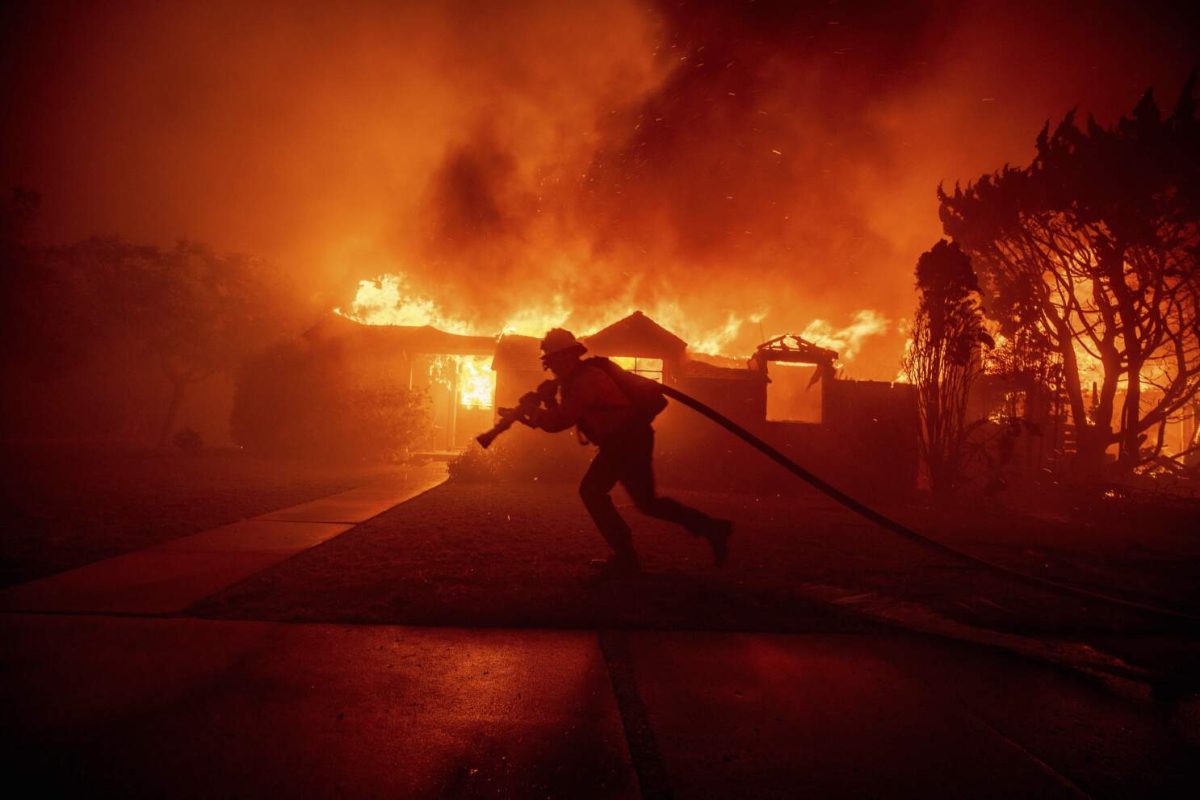
By Julie Fortin
Class of 2010
Every April, the sun makes its way out from behind snow clouds, the temperature rises, flowers bloom and people generally become happier; meanwhile, in Mr. Alan’s film classes, a chaotic atmosphere hovers as walkie talkies go off, costumes are strewn everywhere, cameras record and editors scramble to piece together final sequences. Behind the chaos lies the eye of the storm, Michael Alan, who channels the chaos to form one of the most creative, and popular, clubs at Walpole High School, the Walpole Film Festival.
Eight years ago – with the foundation of the Walpole Film Festival program by Mr. Michael Alan, the present faculty adviser, and Mr. James Russo – springtime in Walpole was forever changed. Following a generous grant by the Walpole Computer Foundation, Mr. Alan and Mr. Russo got the go-ahead to begin an unprecedented public school film program. This process proved arduous as there was no model to look to for inspiration and the founders were forced to rely upon trial-and-error throughout the years. The program was literally made from scratch.
With an article by Mr. Alan and former principal Mr. Alan Bernstein published in the January 2009 “Marshall Memo,” the Walpole Film Festival now serves as a model for other public schools across New England and the country.
The “Marshall Memo” is a weekly publication that offers educators nationwide a concentrated forum of articles regarding education. The article outlined how the film program initially emerged in the Walpole High School community, the fundamentals of how a film festival movie is created, and the actual festival itself, including Awards Night and the red carpet.
Although the article discussed the difficult process of making a film, the authors failed to praise themselves on the great feat they have overcome through the success of the film classes. Funding, which is always an issue in public institutions, was initially provided through a grant from the Walpole Computer Foundation. However, the festival also relies on the school budget and donations from families and businesses in order to pay the licensing fees for the website, buy props and host the awards night.
Also, the controlled chaos that is involved with having one main teacher – Mr. Alan – in charge of about 30 students who are all pursuing their own projects takes an incredible amount of planning. Mr. Alan entrusts his students to do everything from organizing and finishing projects to allowing movie crews to leave class, even the school grounds, in order to shoot scenes. Over the years he has developed a system to harness the creative confusion of film class. The organization relies on a master schedule, movie deadlines, individual crew schedules, walkie talkies, color-coated hallways passes and a running list of crew locations of the whiteboard. Despite the chaos, Mr. Alan remains the unwavering puppetmaster behind the scenes, pulling all the strings, and making sure every task is done on time and to his high standards.
Following the article, publicity spread and emails started pouring in from teachers looking for guidance to help them improve their festivals – such guidance that would have proved invaluable to Mr. Alan when he was starting his own program.
Scott Hacke – of Beavertown, Oregon – and Nick Bailey of Franklin, Massachusetts both became interested in Walpole’s festival after reading the article published in the “Marshall Memo.” While Mr. Hacke was interested in comparing the fundamentals of his program with Mr. Alan, he was more interested in how to operate an actual festival where his students could showcase their work. After being invited to visit the film class, Mr. Bailey – inspired – sent another email to Mr. Alan, describing how “impressed [he was] by the whole operation and how under control everything was (or as controlled as a class like that can be).” Similarly, Mr. Hacke runs a film program in a large metropolitan district. After perusing the website, he emailed Mr. Alan in order to establish a contact to compare work to and question about different aspects of film programs. He expressed his conviction that “there is a great deal of knowledge and continued inspiration [he] can glean from what [Mr. Alan’s] got going there at Walpole High School.”
As other public school film programs become established, as a result of Mr. Alan’s continued efforts and shared insight, the people he once mentored now have become his greatest competition. There will undoubtedly be more local, even regional, festivals as his influence storms on.







